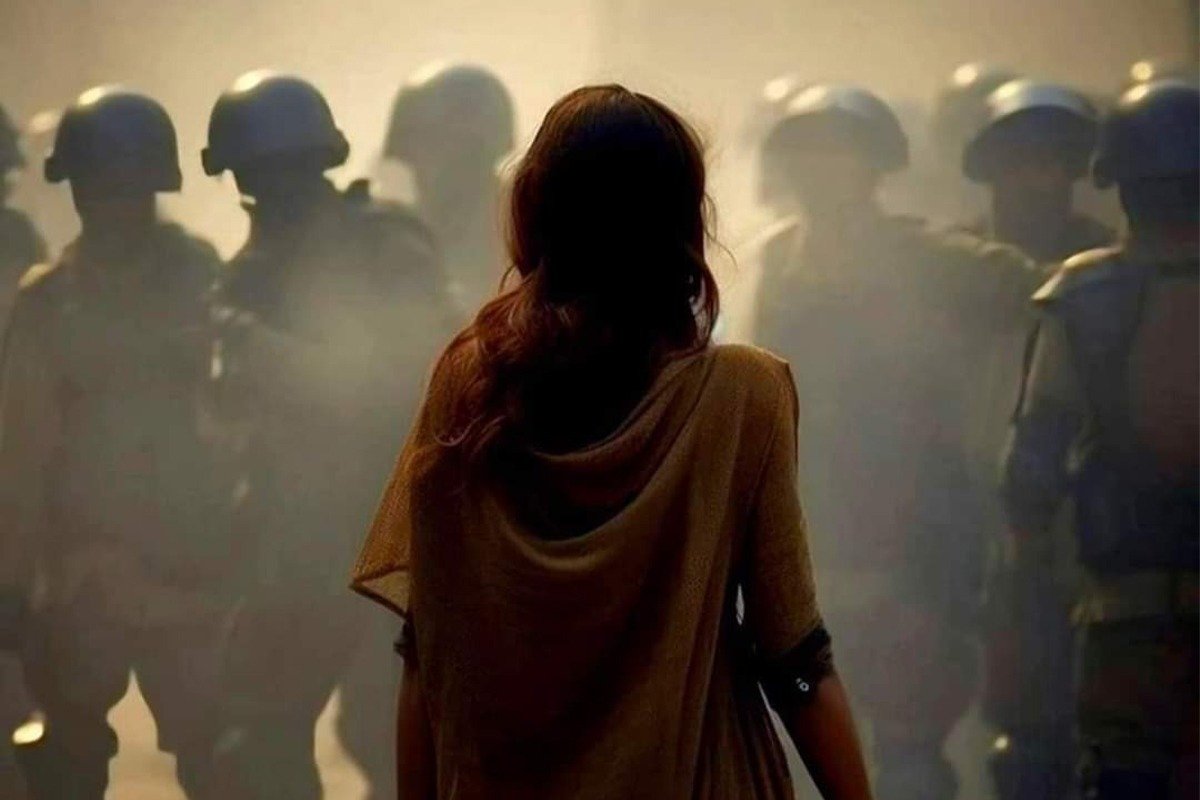

The upshot of the turmoil in Pakistan is that the country’s army has been weakened. Whichever way things turn out now, its role in Pakistan’s polity is likely to be diminished—perhaps severely reduced, at least for a while.
This diminishment has been very obvious since the arrest of former prime minister Imran Khan on Tuesday. Perhaps for the first time since Pakistan was established, street protestors vilely abused the army chief and a very senior officer of the all-powerful ISI by name.
Mobs attacked, entered, and burned army establishments, including the house of the Lahore Corps Commander, which was once the Lahore residence of Mohammed Ali Jinnah, who is revered in that country as the founder of Pakistan.
This is unprecedented
Also unprecedented is the rift that seems evident among the army’s top brass. According to some reports, the Lahore Corps Commander, Lt-Gen Salman Fayyaz Ghani, has been sacked and replaced with a favorite of army chief Asim Munir. The reason: his apparent refusal to order his troops to fire on the mobs.
In the past, whenever a new chief was appointed, the army closed ranks behind him. It did so at least partly for its own collective good, for the army as an institution wields extraordinary power in the polity and society of Pakistan, even managing water supply and running agricultural enterprises.
Already, while the previous army chief, Qamar Javid Bajwa, was in charge, some disunity and disquiet had been evident among the top brass.
Policy differences
To some extent, this rift was related to policy with regard to Imran Khan— who, most insightful observers agree, was helped on his way to power by the army. Policy with regard to Khan became closely interlinked with policy regarding geopolitics, a field for which the Pakistan Army has long considered that it should have primary responsibility.
Imran apparently wanted to chart an independent course for Pakistan in the minefield of geopolitics. He tried to reach out to Russia, did all he could to keep China happy, and also tried to keep good relations with the West—with which, particularly the UK, he has had very close personal involvement.
Publicly praising India’s foreign relations policies, which he described as independent and in India’s national interest, he tried to recast Pakistan’s foreign relations also in the same mold. As it happens, multipolarity has become a mantra for Russia and China to posit as an unexceptionable alternative to US dominance.
No wonder Khan’s foreign relations postures did not please Washington. The US was particularly displeased that Khan visited Moscow just when Russia was set to invade Ukraine, and did not cut short his visit when the invasion began.
Then, Khan publicly accused the US of being behind his ouster from the prime minister’s chair 13 months ago.
On the other hand, the army, then under Gen Bajwa, fell in line with the US. When he retired last November, Bajwa installed Munir in his place. Munir has followed the anti-Khan line which Bajwa had adopted in the last phase of his six-year tenure, having evidently come to regret helping Khan to win power.
Rebalancing the Polity
If Khan manages to return to power, he will most likely focus on recasting Pakistan’s polity. The current public anger against the army would give him an opportunity to rein in the army and restrict its role in politics and foreign relations.
Although those currently in power have tried to bury Khan under a slew of accusations and court cases, he has demonstrated exceptional strategic finesse. He had evidently briefed his leading supporters on what to do, where, and how if he were to be arrested.
It also seems evident that Khan had information from within the upper echelons of the army on what was being planned. Evidence has also emerged on the internet of him giving instructions while he was in custody. That, along with the videos that have surfaced of ISI torture of Khan’s backers, indicates that he has diehard supporters not only in every walk of life but also in every pillar of power.
Based on current reckoning, it seems likely that Khan would win a resounding majority in a new parliament if free and fair elections were to be held soon. If he were to do so, we could expect heads to roll at the very top of the army and further down its hierarchy.
Even if Khan’s extraordinary strategic abilities do not bring him back to power, it is very possible that the Pakistani polity will not return to its status quo ante of overwhelming army influence.